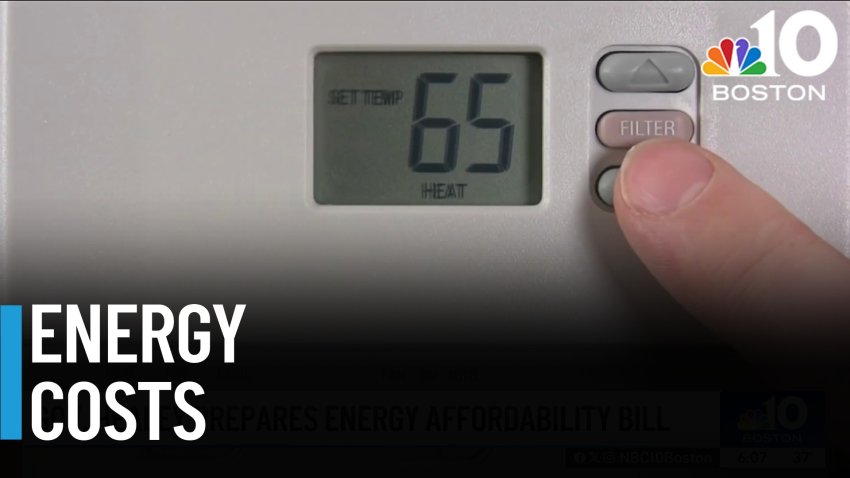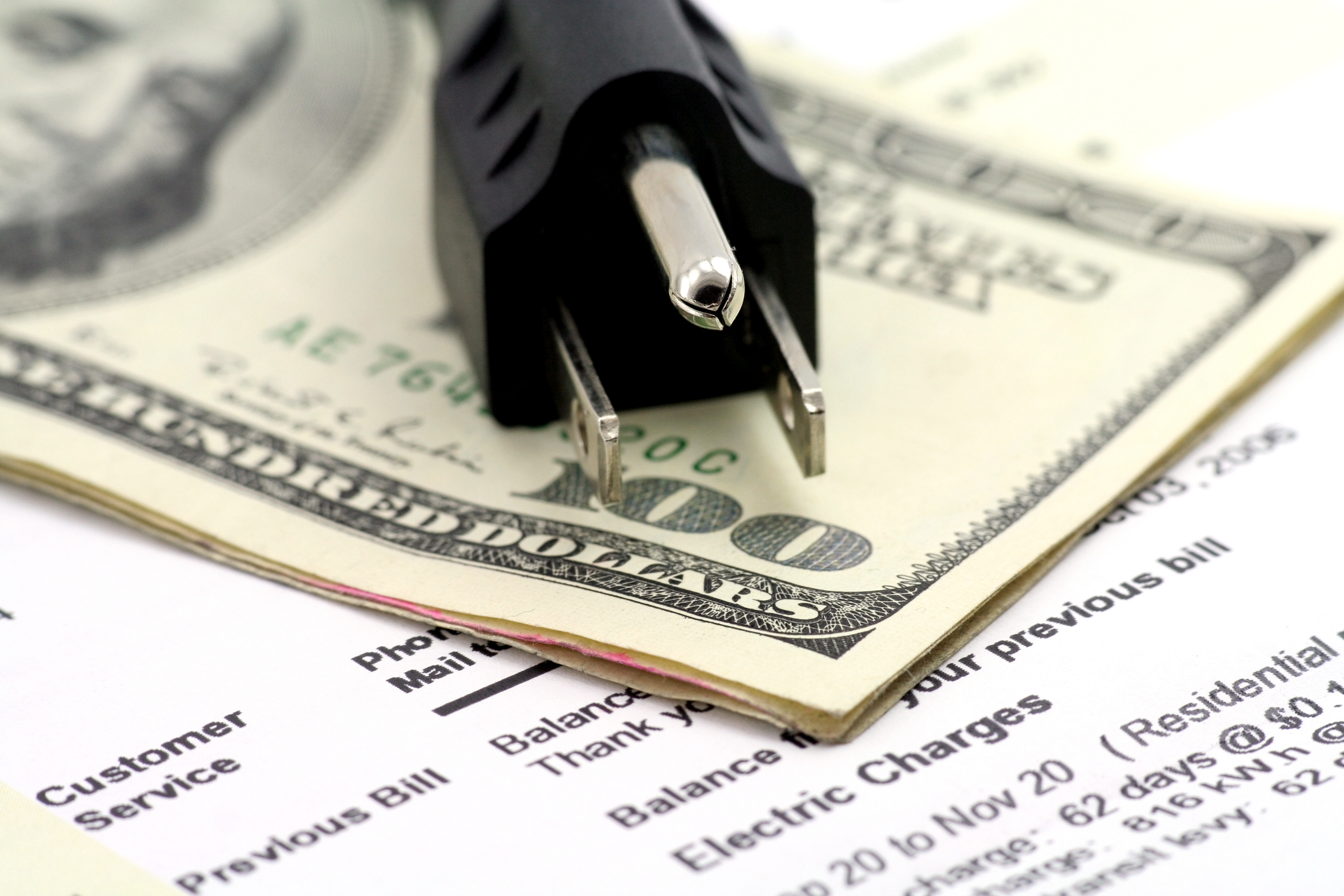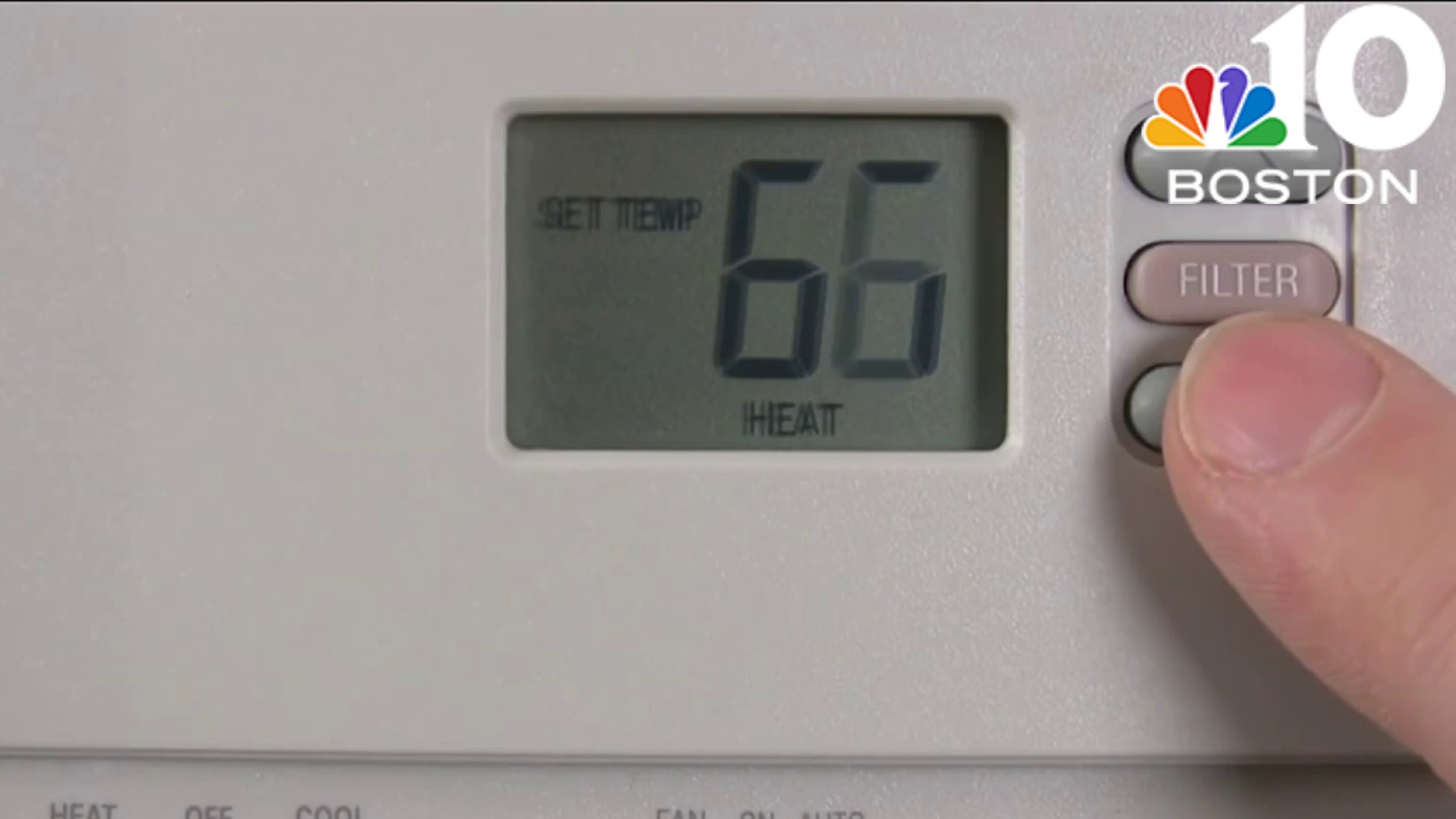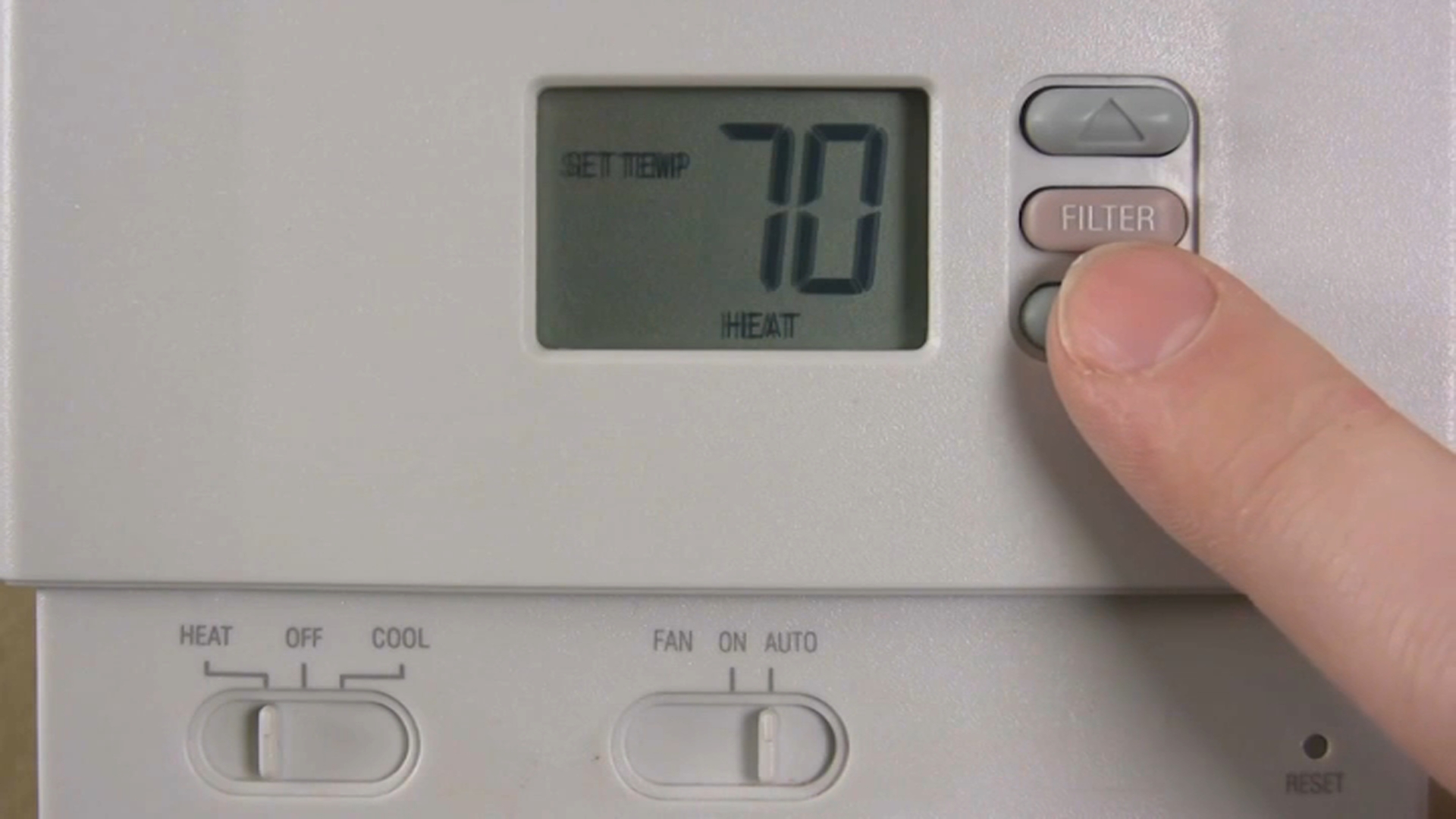DPU is considering a plan for a new $5 billion, three-year proposal, designed to offer incentives to help make Massachusetts more energy efficient, but it is funded in part by surcharges in utility bills.
Follow NBC10 Boston:
https://instagram.com/nbc10boston
https://tiktok.com/@nbc10boston
https://facebook.com/NBC10Boston
https://twitter.com/NBC10Boston
https://bsky.app/profile/nbcboston.com
Surging energy costs have been a struggle for many customers in Massachusetts this season. State leaders have said they're looking for ways to lower the bills, and regulators ordered a budget reduction Friday when they approved a three-year plan to improve energy efficiency.
The Massachusetts Department of Public Utilities approved a three-year energy efficiency plan recommended by Mass Save. While proposed on a $5 billion budget, the DPU ordered that price tag to be cut by $500 million.
WATCH ANYTIME FOR FREE
Stream NBC10 Boston news for free, 24/7, wherever you are. |
The agency said that despite the reduction, the program is expected to "continue to provide customers with billions in savings and benefits each year by supporting improvements to homes and businesses like energy efficient heating systems and appliances as well as low-cost weatherization."
"The DPU chose to reduce the overall budget to minimize the direct impact to customers' energy bills," the department said in a statement Friday.
Get updates on what's happening in Boston to your inbox. Sign up for our News Headlines newsletter.
It went on to say that the reduction would lower total residential program budgets by 25% for gas and 15% for electric.
"The decrease will vary by utility provider, as the utilities must work together to reduce the total budget of Mass Save," the DPU said.
Get top local stories in Boston delivered to you every morning. Sign up for NBC Boston's News Headlines newsletter.
Massachusetts describes Mass Save as "the Commonwealth's nation leading energy efficiency program provider." A group of utilities, including Berkshire Gas, Cape Light Compact, Eversource, Liberty Utilities, National Grid and Unitil, collaborate with the Massachusetts Energy Efficiency Advisory Council and stakeholders "every three years to develop energy efficiency proposals that help to reduce use and demand, resulting in the lower energy bills for customers," DPU said.
Many ratepayers contribute to Mass Save monthly as a surcharge on electric and gas bills. Those funds are used to offer rebates and incentives to residents and business owners who make their homes and buildings more efficient, including things like insulation, air sealing, heating and cooling equipment upgrades, and new appliances.
The plan approved Friday will be in effect through 2027. It has a focus on "environmental justice populations and low- and moderate-income households, expanding the definition of a moderate-income customer to provide more households with access to no-cost energy efficiency services."
The investment will be concentrated in 21 "equity communities," including Boston, Brockton, Chelsea, Everett, Fall River, Framingham, Fitchburg, Lawrence, Lowell, Lynn, Malden, New Bedford, Oak Bluffs, Pittsfield, Quincy, Revere, Salem, Springfield, Tisbury, Woburn, and Worcester.

The DPU also approved immediate gas bill reductions for residential customers, with "costs deferred and spread out through the six-month off-peak season from May to October without carrying fees," meaning residential and low-income customers will see their rates decrease in March and April. The six companies making up Mass Save proposed reductions between 7.4% and 16%.
Energy efficiency surcharges listed on customers' bills will be reduced because of the budget cut, the DPU said Friday.
DPU has already ordered the state's five gas utilities - National Grid, Eversource, Unitil, Liberty Utility and The Berkshire Gas Company — to lower and defer costs for customers in March and April after concerning jumps in costs, which the agency said could be blamed on a "combination of increased supply costs, the recovery of unusually high programmatic costs through delivery charges, and a cold winter."
It's worth noting that the three-year plan was originally submitted in the fall, before the complaints about rising costs began this winter. However, DPU has said that an increase in delivery charges on energy bills stems from increases in the Mass Save budget.
Energy affordability advocates held a protest outside DPU in Boston Friday urging officials to reject the plan.




